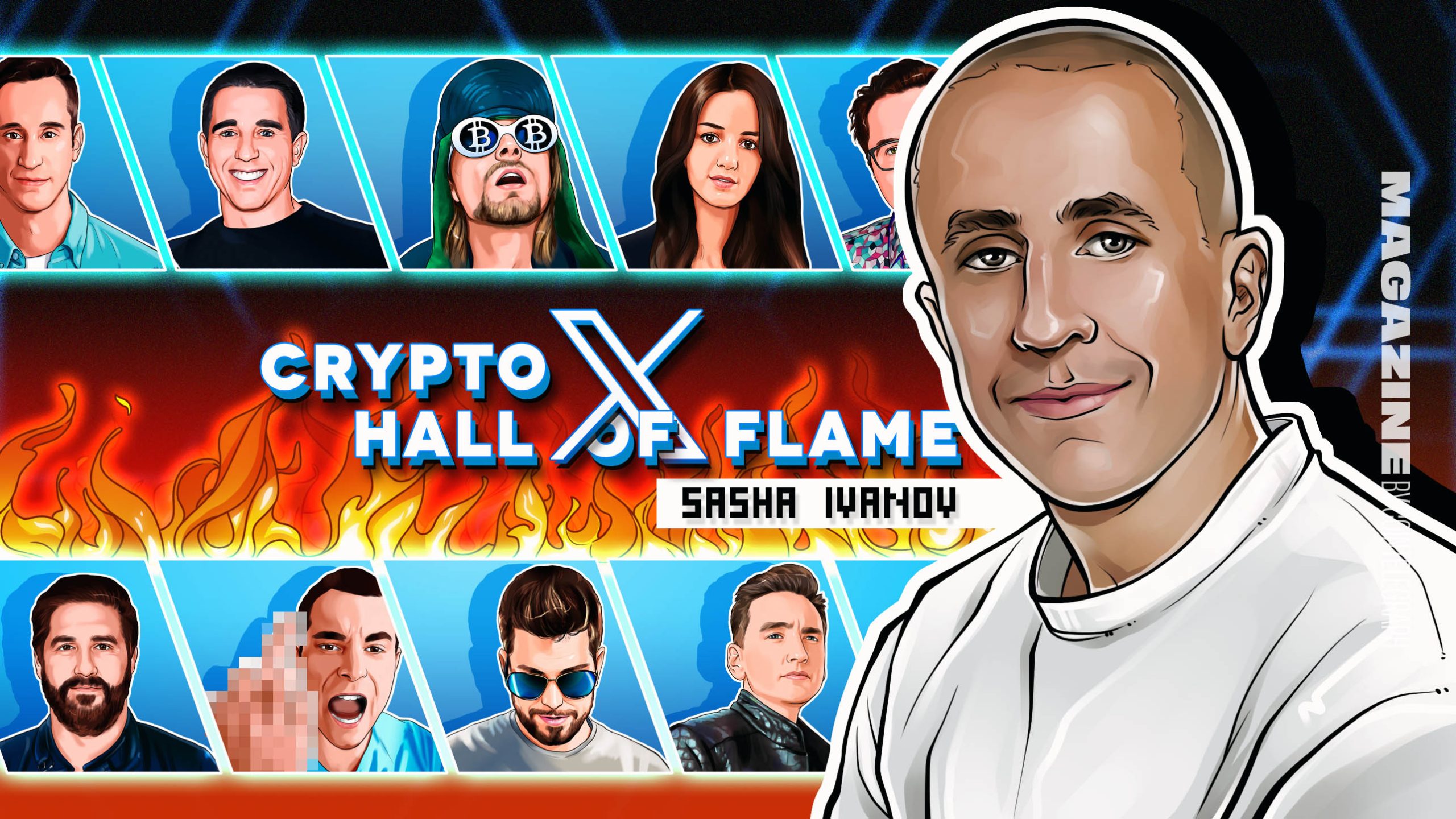Disclaimer: The information in this article is for educational purposes only and is not investment or financial advice. We suggest you do your own research before making any investment decisions. Cryptocurrencies are volatile and high-risk in nature. Don’t invest more than what you can afford to lose. India Today will not be liable for any loss incurred if you refer to this article for details on crypto or any other form of investment.
By India Today Web Desk: Any crypto investor should have a checklist they scrutinize before investing in a protocol: value proposition and utility, project website and social media, the team, whitepaper and roadmap, and smart contract audit. Investors should not invest in any project until they have studied all these protocol elements; this is what the popular expression DYOR (Do Your Own Research) means.
With so many projects launching, the role of the investor is the cut through the unnecessary and find the value. One such protocol with a brilliant utility is Uniglo (GLO), which introduces an organic floating store of value for wealth preservation. The first of its kind within DeFi. With a sleek website, solid team, strong white paper, and now a smart contract audit from Paladin, the premier DeFi security firm. Uniglo has joined the upper echelons of safety and security, matching Cosmos (ATOM), Near Protocol (NEAR), and Zcash (ZEC).
Uniglo (GLO)
Uniglo offers investors an increasing store of value that allows them to preserve the actual purchasing power of their wealth and enable it to grow. It facilitates this through two central value creation mechanisms, the first is asset acquisition, and the second is its deflationary model, both funded via buy and sell taxes.
Uniglo holds a blend of digital and physical assets in the vault, which gives GLO a value-backed price, and as they appreciate, it raises the floor price of GLO. The deflationary model is revolutionary. With 2% of each transaction burnt, GLO is the first hyper-deflationary token and one that will become scarce rapidly. A decreasing supply always forces prices upwards.
Cosmos (ATOM)
Cosmos, often called blockchain 3.0, uses its Interblockchain Communication Protocol to deliver a vast ecosystem of interconnected and interoperable networks. The Cosmos ecosystem continues to grow, and new chains are incorporated periodically. ATOM is the token at the heart of this network, and with interoperability marked as the next central issue faced by blockchains, Cosmos is already outpacing its competition.
Near Protocol (NEAR)
Near Protocol is a layer one blockchain project that uses its unique Nightshade Sharding technology to deliver massive throughput. Processing nearly 100,000 transactions per second, with transaction finality of less than a second. This ultra-scaleable blockchain is providing the ideal foundation for DApp developers and has recently announced a developer fund of $800 million to encourage the ecosystems growth.
Zcash (ZEC)
Zcash focuses on privacy and anonymity. It allows users to send anonymous transactions that cannot be tracked. The importance of privacy has been highlighted recently with the arrest of Tornado Cashs developer and with the pseudo-anonymous nature of cryptocurrencies being diluted by the mandate of KYC by central exchanges. The desire for privacy-focused digital assets continues to grow and Zcash offers the perfect solution.
Read More: www.indiatoday.in










 Bitcoin
Bitcoin  Ethereum
Ethereum  Tether
Tether  XRP
XRP  Solana
Solana  USDC
USDC  Cardano
Cardano  Dogecoin
Dogecoin  TRON
TRON  Lido Staked Ether
Lido Staked Ether  Lombard Staked BTC
Lombard Staked BTC  Pi Network
Pi Network  Wrapped Bitcoin
Wrapped Bitcoin  LEO Token
LEO Token  Stellar
Stellar  Chainlink
Chainlink  Hedera
Hedera  USDS
USDS  Wrapped stETH
Wrapped stETH  Avalanche
Avalanche  Sui
Sui  Shiba Inu
Shiba Inu  Toncoin
Toncoin  Litecoin
Litecoin  Bitcoin Cash
Bitcoin Cash  MANTRA
MANTRA  Polkadot
Polkadot  Ethena USDe
Ethena USDe  WETH
WETH  Binance Bridged USDT (BNB Smart Chain)
Binance Bridged USDT (BNB Smart Chain)  Bitget Token
Bitget Token  Hyperliquid
Hyperliquid  WhiteBIT Coin
WhiteBIT Coin  Monero
Monero  Wrapped eETH
Wrapped eETH  Uniswap
Uniswap  sUSDS
sUSDS  Dai
Dai  Aptos
Aptos  NEAR Protocol
NEAR Protocol  Pepe
Pepe  Ondo
Ondo  Ethereum Classic
Ethereum Classic  Internet Computer
Internet Computer  Aave
Aave  OKB
OKB  Mantle
Mantle  Coinbase Wrapped BTC
Coinbase Wrapped BTC  Gate
Gate